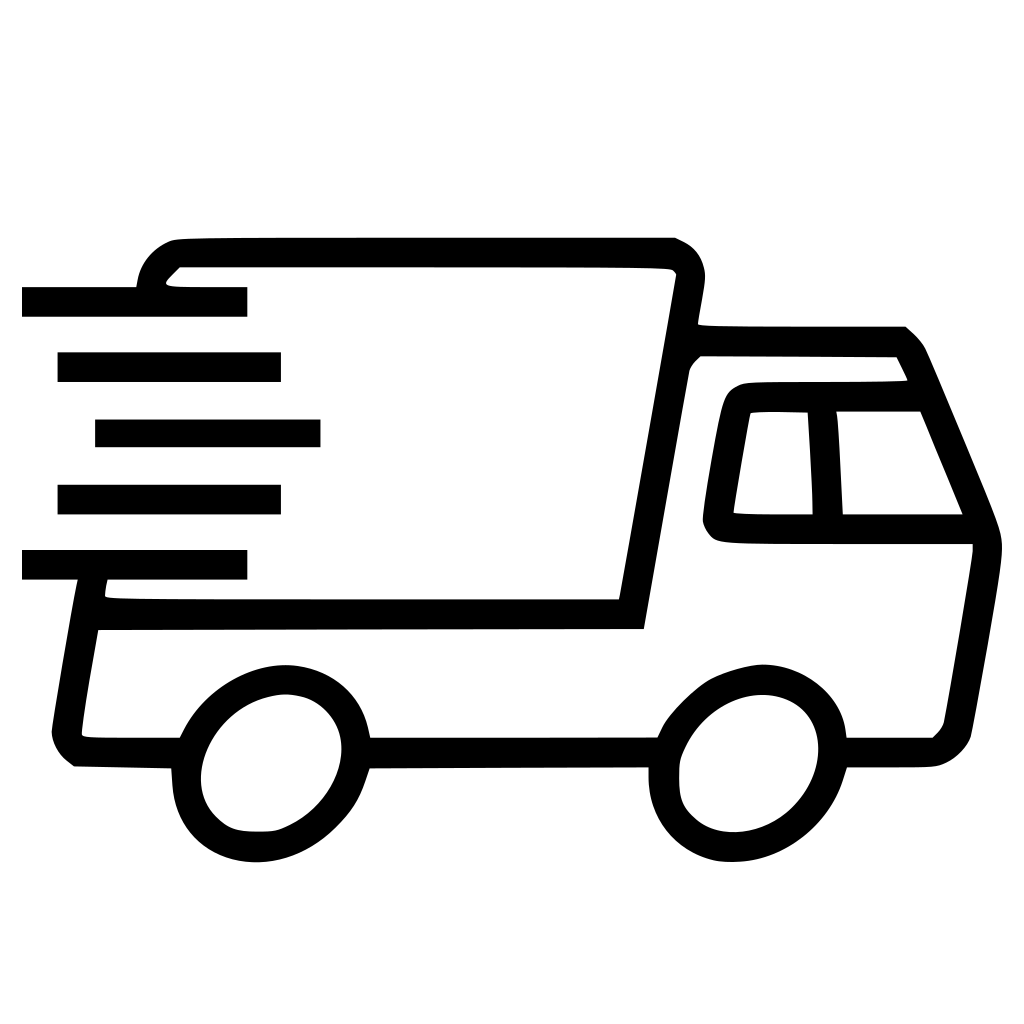
How to Organise Your Own Beach Clean
Keeping our beaches and oceans clean is integral if we want to protect the planet. Removing litter from the coastline helps to stem pollution, stops marine life from ingesting harmful products and makes our beaches a safer environment for humans and animals.
Through 1% for the Planet, we have recently started supporting Beach Guardian, a charity that works tirelessly to protect our oceans, educate others about what they can do and bring together communities to do good. 1% for the Planet is an international organisation that allows us to contribute at least one percent of our annual revenue to environmental causes. We chose Beach Guardian as they support a mission that is close to our hearts, and we’re eager to help in any way we can.
With winter swells and winds washing up debris, and inspired by our friends at Beach Guardian, we wanted to explain how you can organise a beach clean in your area.

1. Choose a beach (and maybe visit it first)
This may be your favourite, your local, or a beach that you think could benefit from a clean up. Some coves and inlets attract more rubbish than others due to the direction they face, or their terrain. Beaches with big caves, lots of rocks or tidal pools can be prone to plastic pollution build-up as nets, bottles and debris get caught and stuck. These are great places to choose for a litter pick and often benefit from many hands!
However, all beaches would benefit from a beach clean, and often when you begin scouring the sand you’ll find more rubbish than first met the eye.
Visiting a beach in advance will give you an opportunity to check accessibility and discover how much rubbish is there.

2. Rally the troops!
Who’s joining you? Ask your friends and family, dog walkers, beach goers and community members! The more the merrier, and every extra person makes a huge difference. Whether you set out in a long line to sweep the sand, attack the beach from different angles or head out in smaller groups, every piece of litter collected stops it from reentering the ocean and causing damage.
You’ll also want to consider whether any of the volunteers will need special access to the beach, for example, ramps for beach wheelchairs.

3. Gather equipment
There are a few bits of kit you’ll need to source to run a successful beach clean:
Rubbish bags to pop your litter in
Litter pickers so you don’t have to touch the rubbish, or for people who struggle bending down
Gloves for hygiene
Small plastic tub with a lid, in case you find any sharps or hazardous waste (only pick these up with a litter picker, not your hands)
If you can’t get hold of litter pickers, you could try visiting a beach equipped with a #2minutebeachclean litter picking station. These can be found around the country, and even in some areas of Europe, and are heavy duty A-boards stocked with pickers, reusable bags and often hand sanitiser, too. Click here to see the 2 Minute stations map.
Depending on when you’re conducting your litter pick it is a good idea to bring warm clothes, suncream, water and your trusty Dry-Series.

4. Decide on a time and day
The weather (especially in England) can play a massive part in any beach-centred activity. Taking a look at the short-range weather forecast should give you a pretty good idea of when your litter pick should go ahead - even the most dedicated of beach-cleaners might not want to be collecting rubbish in gale force winds and driving rain! The best weather for a beach clean is when it’s dry and clear, allowing you to easily spot and collect rubbish, whilst keeping morale high. Weekends are also great for beach cleans as families may be looking for community-based activities to get them out of the house, plus people will have fewer work commitments and more free time. You may even attract the attention of other beach-goers and gain some extra man-power!
It's also a good idea to check the tides and organise your beach clean to take place during an outgoing one. This will avoid anyone getting cut-off or stuck in little coves or caves.

5. Get litter picking!
Once you’ve secured volunteers, sourced equipment and chosen a place and time, you’re ready to do your beach clean!
You can make this fun for kids by creating a ‘beach clean bingo’ list, where they have to hunt for different pieces of litter (include bottle tops, different coloured micro-plastics, bits of fishing net, crisp packets etc.).
Try sifting through the sand with a mesh bag to separate micro-plastics from the sand, and when possible recycle what you can. Plastic bottles can be popped in your household recycling, whilst other bigger bits such as fishing boxes can even be repurposed for use in your garden.
If you recover larger items such as fishing nets (known as ghost nets when washed up) you can either call your local waste management provider, or see what organisations are available in your area. For example, Cornwall-based litter pickers can contact Waterhaul, a company who use ghost fishing gear to make products, and donate the nets to them. Odyssey Innovation, another South West based company that accept found fishing nets, turn them into sea kayaks - perfect for exploring hidden coves and collecting once inaccessible rubbish.

We hope this blog has given you the confidence to organise a litter pick at your local beach. For more information on the work conducted by Beach Guardian you can click here.













